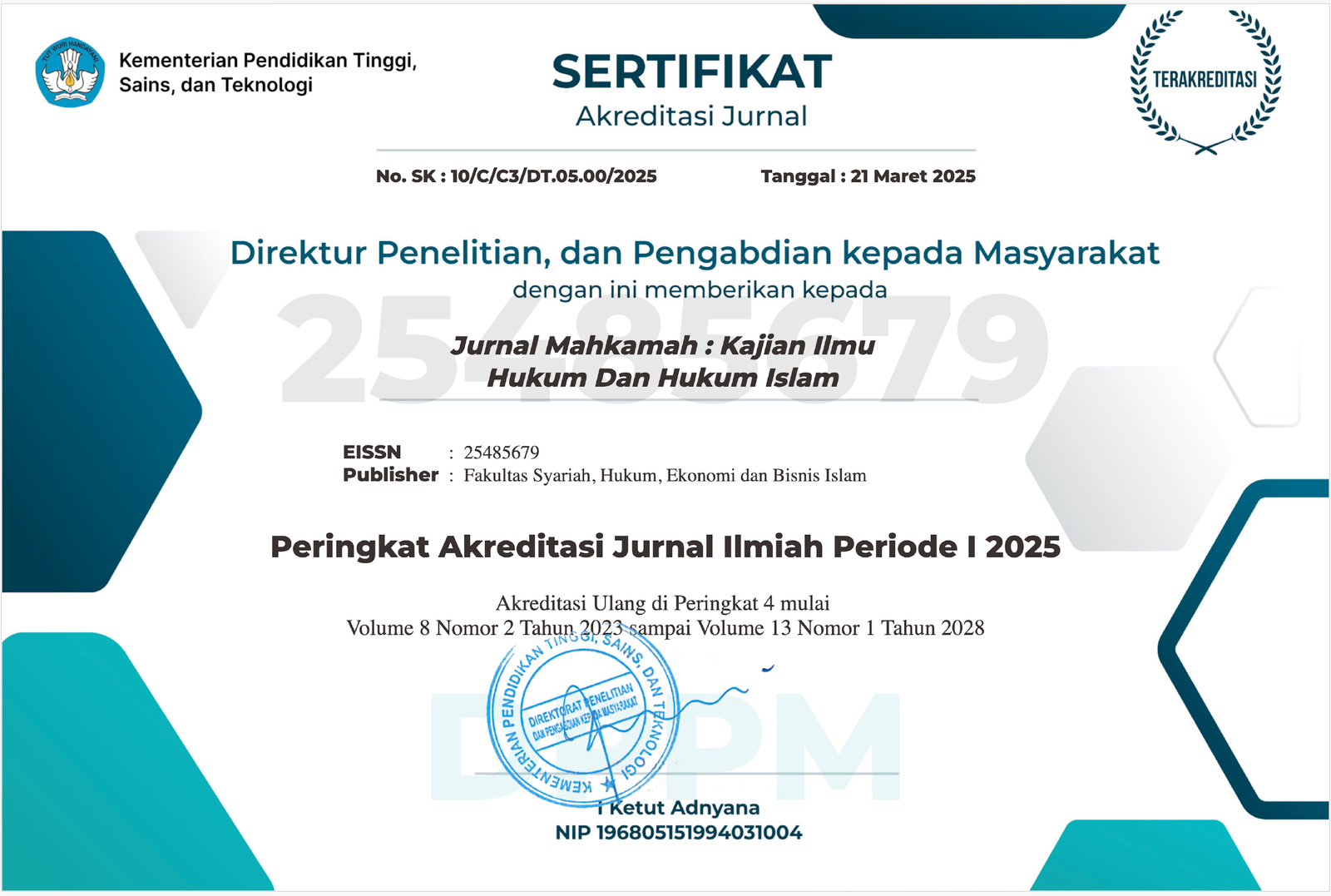Komersialisasi Pupuk Kandang Dalam Prespektif Hukum Islam
DOI:
https://doi.org/10.25217/jm.v4i2.449Keywords:
Komersialisasi, pupuk kandang, hukum islamAbstract
Komersialisasi (Jual beli) pupuk kandang menjadi salah satu masalah yang diperselisihkan status hukumnya di kalangan Ulama. Ulama Hanafiyah membolehkan pemanfaatan dan jual beli pupuk kandang sekalipun hukumnya najis. Ulama syafi’iyah menganggap makruh menggunakan pupuk kandang karena najis, dan tidak membolehkannya menjadikan pupuk kandang sebagai objek jual beli, tapi boleh dengan akad pengguguran hak. Ulama Malikkiyah dan Hanabilah membolehkan pemanfaatan dan penjualan pupuk kandang yang berasal dari hewan yang halal dan mengharamkan untuk hewan yang haram dimakan. Dalam tataran implementatif, keluar dari khilaf adalah hal yang lebih baik. Maka menggunakan akad ijarah ‘ala al-manfaah (upah mengupah) merupakan jalan keluar yang dapat ditempuh.
Downloads
Published
How to Cite
Issue
Section
License
This work is licensed under a Creative Commons Attribution-ShareAlike 4.0 International License.
Authors retain copyright and grant the Jurnal Mahkamah : Kajian Ilmu Hukum Dan Hukum Islam right of first publication with the work simultaneously licensed under a Creative Commons Attribution License (CC BY-SA 4.0) that allows others to share (copy and redistribute the material in any medium or format) and adapt (remix, transform, and build upon the material) the work for any purpose, even commercially with an acknowledgment of the work's authorship and initial publication in Jurnal Mahkamah : Kajian Ilmu Hukum Dan Hukum Islam.
Authors are able to enter into separate, additional contractual arrangements for the non-exclusive distribution of the journal's published version of the work (e.g., post it to an institutional repository or publish it in a book), with an acknowledgment of its initial publication in Jurnal Mahkamah : Kajian Ilmu Hukum Dan Hukum Islam.
Authors are permitted and encouraged to post their work online (e.g., in institutional repositories or on their website) prior to and during the submission process, as it can lead to productive exchanges, as well as earlier and greater citation of published work (See The Effect of Open Access).









